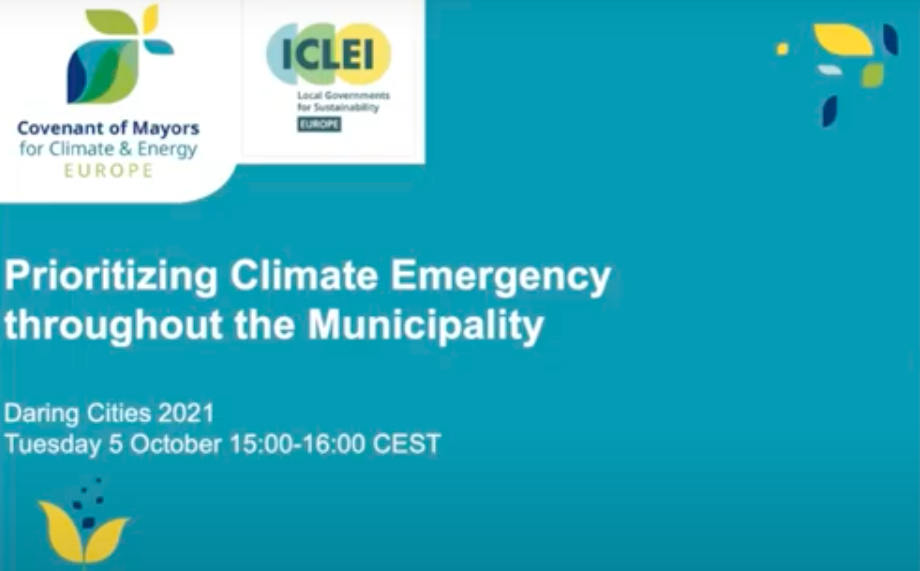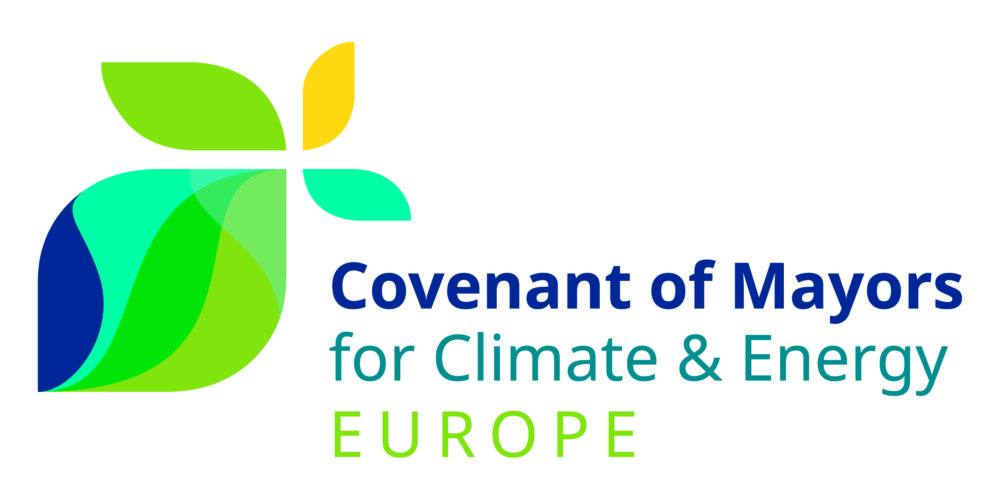
All over the world, the number of climate emergencies is increasing. Urged by scientists and a growing sense of urgency in the public, over 2000 national, regional and local governments expressed their ambitions to take action publicly by declaring/acknowledging climate emergency, with many others following swiftly in upping their decarbonization targets or aiming for climate neutrality. More than a publicity stunt, this has been shown to have a positive effect on how measures and decisions are framed, with regards to their potential climate impact.
This also has an influence on day-to-day working practices within the city and can lead to a more harmonized approach to local policy-making under the umbrella of a climate emergency. This workshop explores why and how cities are declaring climate emergencies. Specifically, we look into how doing so can foster cooperation between different departments and how declaring a climate emergency could lead to more concrete and more ambitious action. At the same time, the session consider why not all cities might choose to declare a climate emergency.
Examples are provided from Covenant of Mayors signatory cities.
Speakers
- Risto Veivo, Climate Director, City of Turku, Finland
- Ada Amon, Chief Advisor to the Mayor on Climate Affairs, City of Budapest, Hungary
- Oliver Moran, Chair of Climate Action Committee and Deputy Lord Mayor, City of Cork, Ireland
- Santiago Arroyave, Undersecretary for Environment, Medellín City Hall, Colombia
- Giorgia Rambelli, Coordinator, ICLEI Europe; Coordinator International Dimension, Covenant of Mayors Office
- Arthur Hinsch, Officer, ICLEI Europe and Covenant of Mayors Office
- Silvia Assalini, Officer, ICLEI Europe and Covenant of Mayors Office
This session is co-organised between ICLEI Europe and the EU Covenant of Mayors Office.

